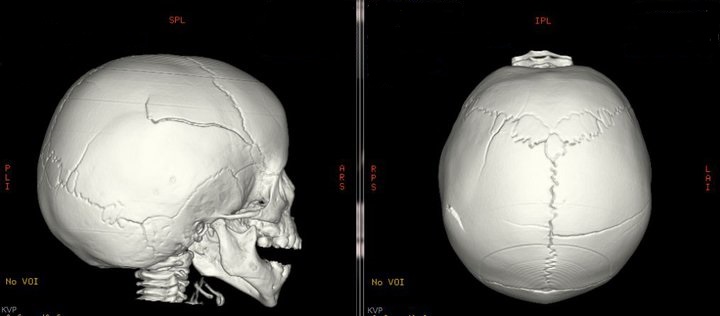CT – FAQ
The following questions are often asked:
The most recent version of this document can be found here.
Tube Current Modulation is a method employed by CT vendors to automatically adapt the X-Ray tube current (mA) to the specific attenuation of a body region. The overall goal is to reduce dose while maintaining consistent image quality.
The Computed Tomography Dose Index (CTDI) is a standardized measurement of the radiation dose from a CT scanner which allows the user to compare the radiation output of different CT scanners or different imaging protocols. CTDI is a measurement of output and does not represent the patient’s dose.
Multi-Slice CT scanners must exclude the penumbra from reaching the detector array. The geometric efficiency is characterized by the nominal (useful) beam width divided by the whole radiation profile. The characteristics of the penumbra are dependent on the construction of the collimator and are constant with respect to beam width. As the nominal beam is increased the geometric efficiency increases as does the dose efficiency of the CT scanner.
The Dose Length Product (DLP) is the product of the CTDI and the irradiated scan length. The DLP along with the patient’s size, scanned body region may be used to estimate a patient’s dose (Effective Dose) within 10% accuracy.
Yes. Typically, Radiation services offers electronic PDF delivery of your report to the person or persons of your choosing via email and through the client portal access on our website.




